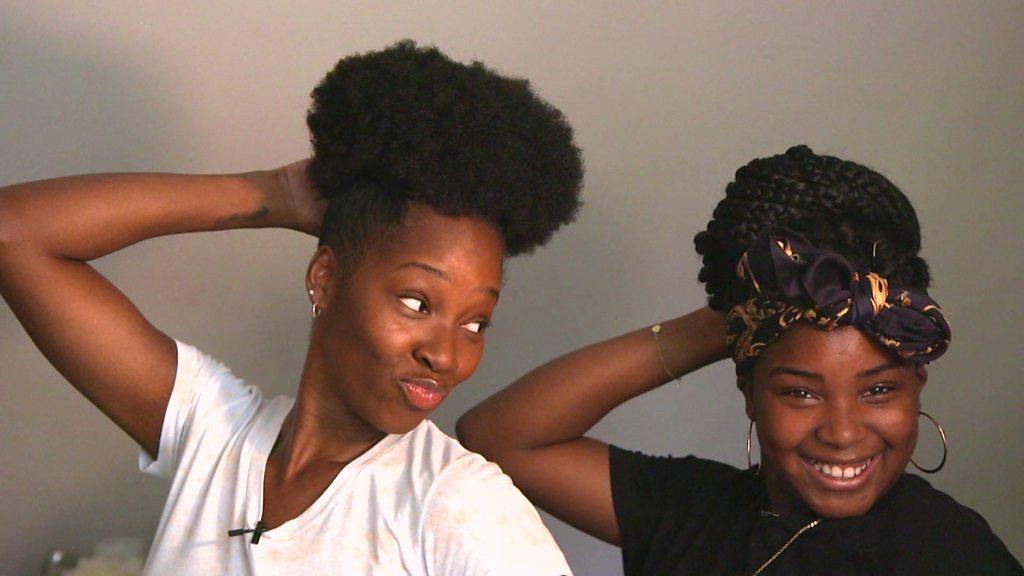Afro hair: Charity World Afro Day says rules in some schools negatively affect kids with natural hair
- Published
- comments
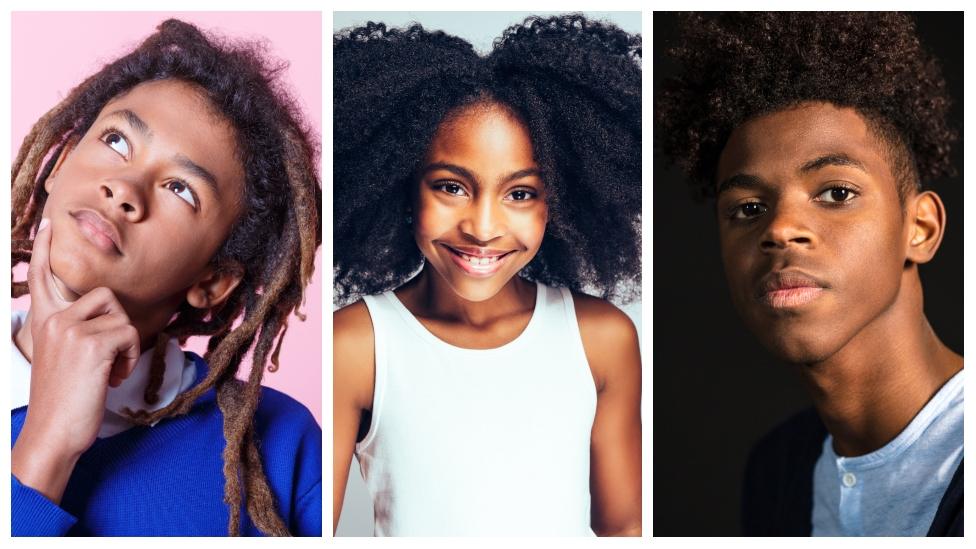
One in six children with afro-textured hair are having a bad or very bad experience at school, according to a report from the charity World Afro Day.
It's because of school rules surrounding hair and how you wear it.
They say that they are worried that some school hair policies can negatively affect children with afro-textured hair.
These rules can include how short students wear their hair or what styles they wear it in.
So what do you think, should you be told how to have your hair at school? Has this been a problem for you?
Let us know what you think in the comments below.
WATCH: Kids speak about their afro textured curly hair: 'My hair is unique, I feel really lucky'
What's the deal with afro-textured hair?
The way you style afro-textured hair sometimes depends on the texture of the hair itself - it can't always be styled in the same ways that straight hair often is.
Some of the ways afro-textured hair is styled may also be against the rules in some schools.
World Afro Day is investigating whether or not rules like that could be against the law.
Melanie Field from the Equality and Human Rights Commission said: "Any policy which impacts disproportionately on pupils with particular protected characteristics is likely to be unlawful, unless it can be shown to be necessary and for a good reason."
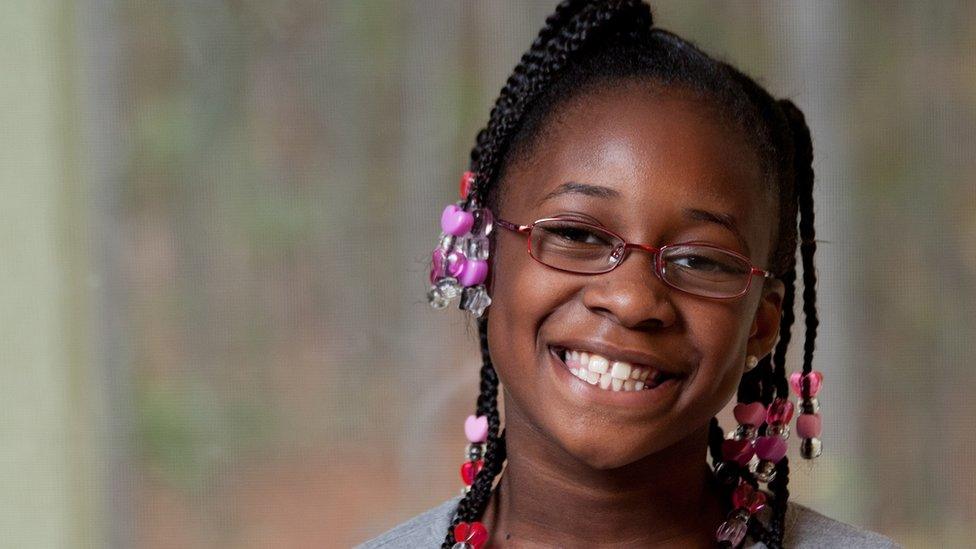
School rules aren't the only things that affect how people with afro-textured hair see their hair or how they style it.
Newsround spoke to singer and TV personality Jamelia as she talked to her daughter about why she decided to embrace her afro-textured hair.
Jamelia on why she had straight hair 'I wanted to look like my idols'
What do the people in charge say?
The Department of Education - the people in charge of schools in England - doesn't have rules surrounding uniforms and how students should wear their hair, but has issued guidelines which leave the actual rules up to the school.
The guidance given says that schools should take into account the views of parents, that they are expected to consider a reasonable request to vary the uniform policy and must take care to ensure that any policy does not lead to discrimination, particularly on grounds of gender, race, disability, religion or sexual orientation.
Shirvinna Best, who runs the Curly Treats Festival, said: "The authorities know it's unacceptable to ask a person to remove their kippah, turban or hijab to fit in at work or school. Afro hair is natural, so it's also unacceptable to ask a group of people to alter their natural hair texture to fit into society...The law must be changed to protect the unprotected, rather than allowing discriminatory attitudes to continue."
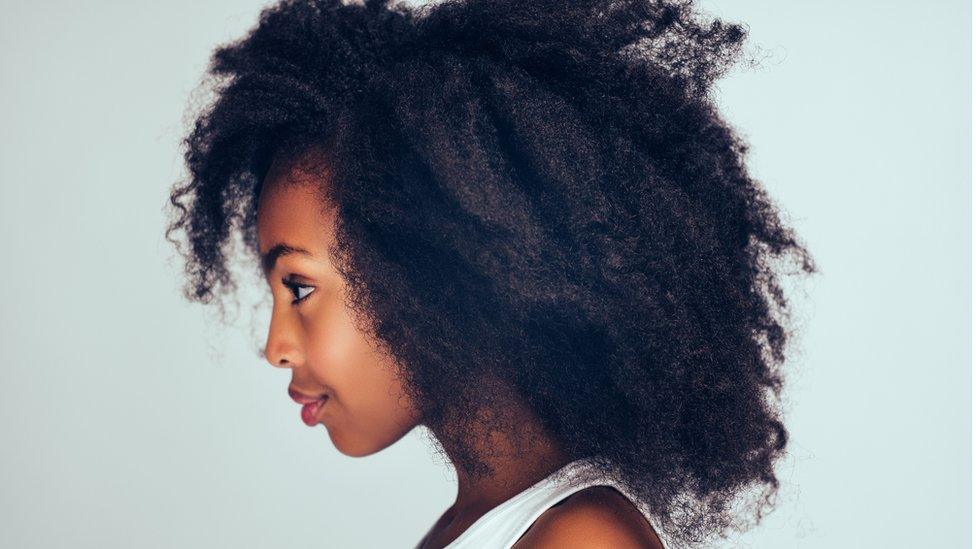
What does the charity want to be done about the issues?
World Afro Day founder Michelle De Leon says: "Black and mixed-race children are under constant pressure to fit into a school and a society that doesn't understand or value their afro hair type. "
World Afro Day wants more to be done protect afro hair in society and stop hair discrimination.
- Published18 March 2019
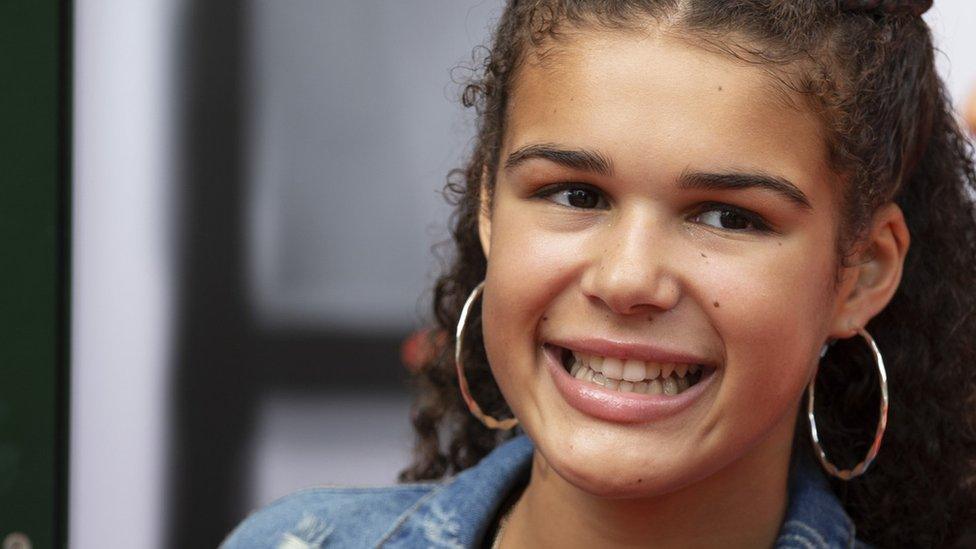
- Published13 August 2018
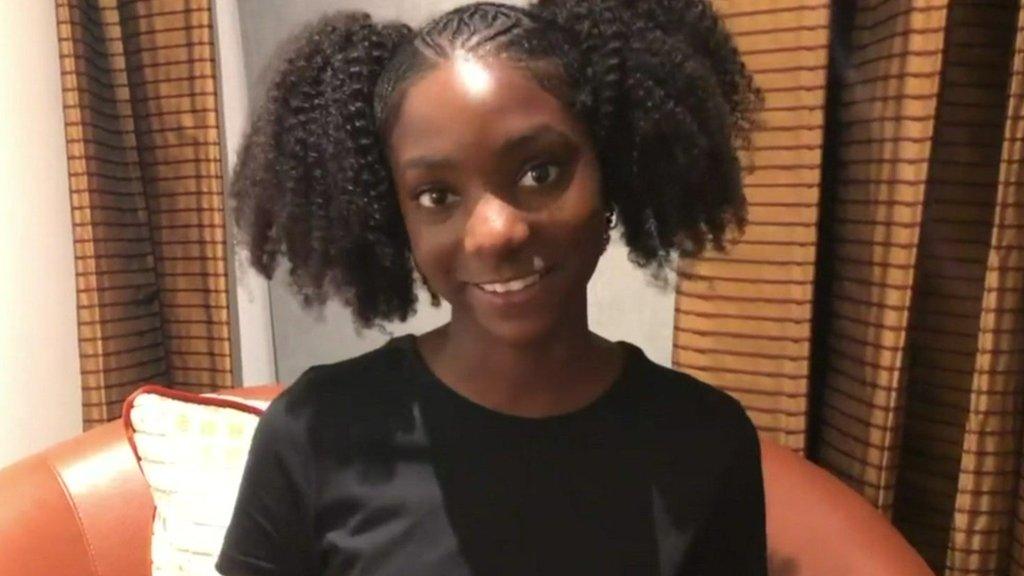
- Published14 September 2018
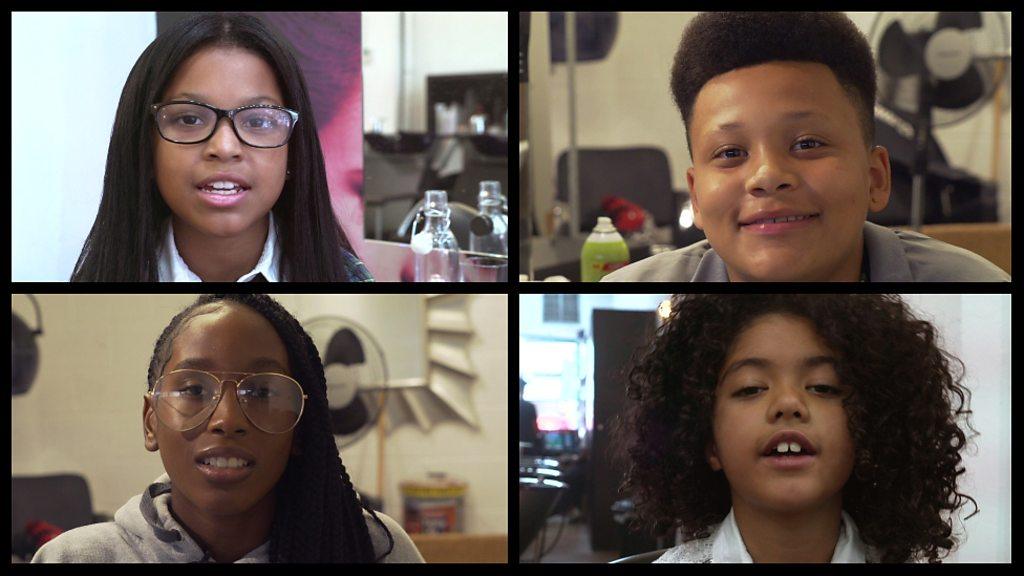
- Published14 September 2018
